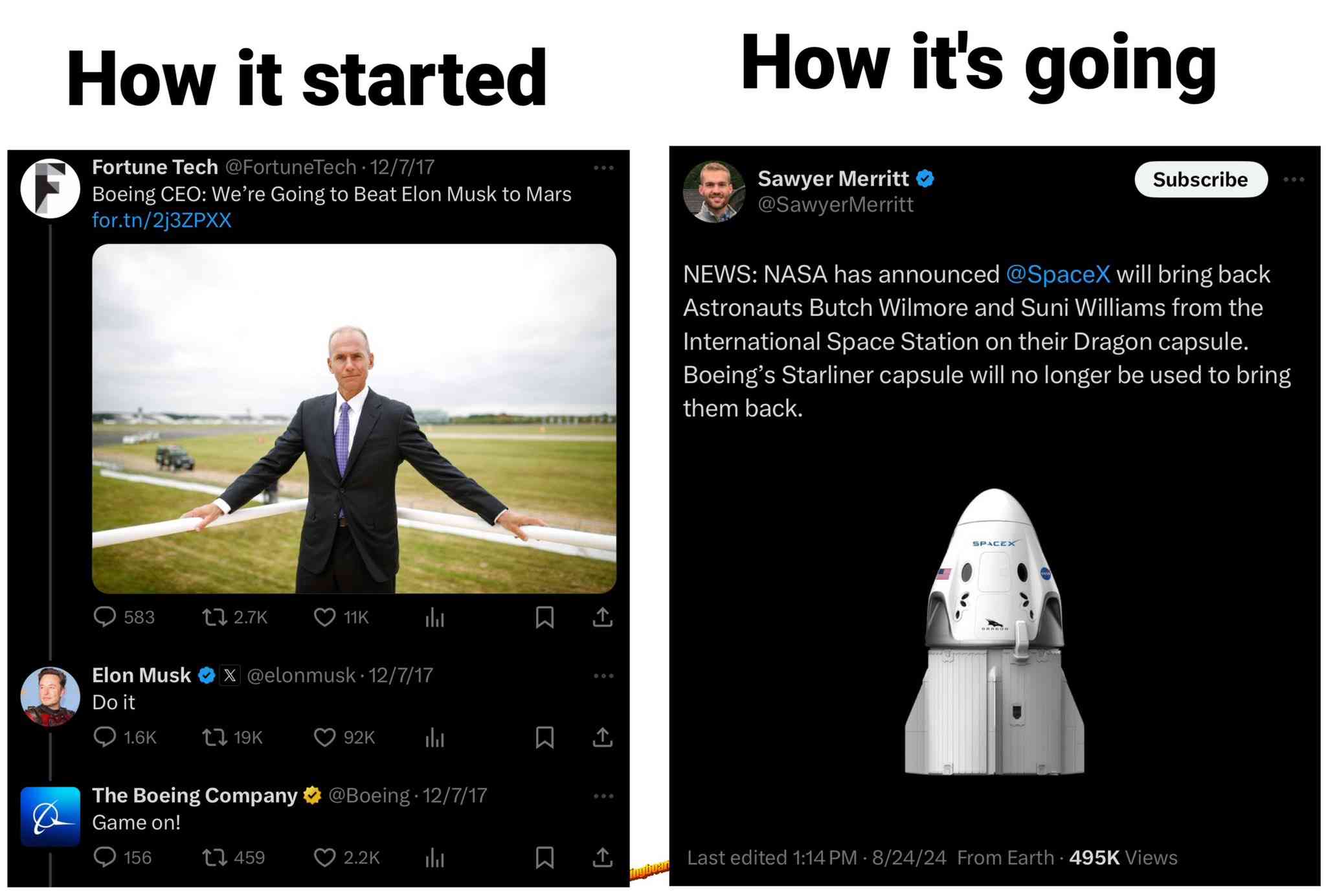-
Muhammad Ali joined the group
 ●Astro ■|■Space ●hole
●Astro ■|■Space ●hole -
Abdulloh posted in the group ●Astro ■|■Space ●hole
What was there before the Big Bang? This question fascinates many and puzzles all. For the physicist, any attempt to answer it collides head on with the fact that our current theories simply do not apply. Indeed, our physical laws cannot go back infinitely in time: they stopped at “Planck time,” 10−43 s after the Big Bang. This is the smallest duration of time that quantum physics allows to describe. This Planck limit can be viewed as an absolute barrier, impossible to penetrate. The Universe is explainable with our physical laws only after this instant. To search what was before Planck time is like searching for a period before time itself existed, or looking for space outside space. Neither time nor space existed before the Big Bang. Moreover, our physics is unable to describe phenomena of temperature greater than 1032 K (limit called “Planck temperature”). At these enormous energies, quantum and relativistic effects start to interplay and cloud the issue. Even the concepts of space and time lose their meaning. Any calculation done within the framework of current theories remains impossible. Still, we can persist in asking: what was there before? We do not have (yet) the tools to answer. We can only speculate, using string theory to bypass the issue and to push back the limits. Our Universe would be only one of the realizations of a vast cosmic landscape covered with a multitude of disjointed universes, each with its own space-time. This “multiverse” or “megaverse,” in the words of Leonard Susskind, one of the creators of string theory, is eternal and had no beginning. It was from this unimaginably vast and eternal generative landscape that our own Universe was born. It would be unique by its physical laws, each universe having its own set of “fundamental constants,” with values very different from ours.
Is Big Bang perfect for understanding the beginning of universe -
Abdulloh created the group
 ●Astro ■|■Space ●hole
●Astro ■|■Space ●hole -
2 Comments
-
-
Important steps to become successful computer scientist:
Enroll in a Computer Science or related field such as Software Engineering, Information Technology, or Data Science.
Focus on fundamental areas like algorithms, data structures, computer architecture, operating systems, databases, and networking.
Gain proficiency in multiple…Read More
-
How to choose a field to work and study?
Choosing a field to pursue, whether it’s for education or a career, is a crucial decision and it involves several steps to ensure that the choice aligns well with your interests, skills, and long-term goals. Here are some steps and considerations to help you make an informed decision:
Think about…Read More
-
-
Leaders are not responsible for the result. Leaders are responsible for the people who are responsible for the result.
-
-
-
IT is a broad field with various specializations such as software development, network administration, cybersecurity, data analysis, cloud computing, and more. Research these areas to find what interests you the most.
Learn about the different roles within IT, such as IT support, system administrator, developer, database administrator,…Read More
1 Share -
-
- Load More Posts
Deep discussions







It was crazy watching the last game, when the alphaGo beat the human judgment and for minutes its moves was above human understanding.